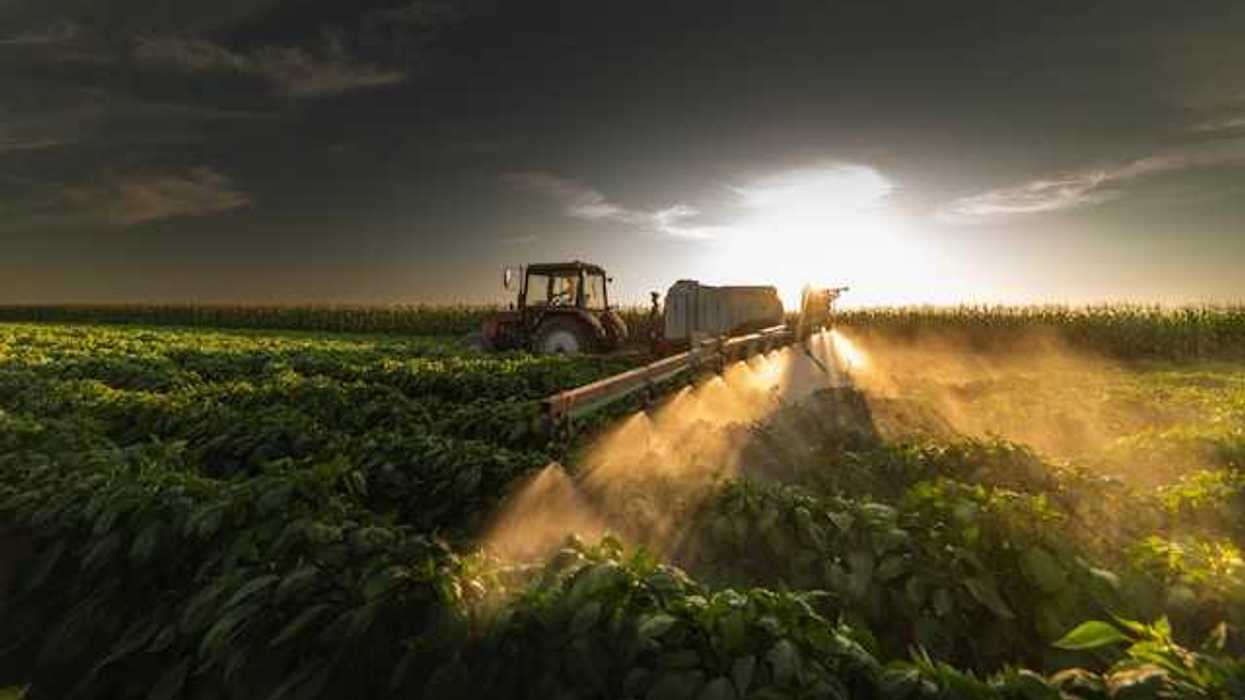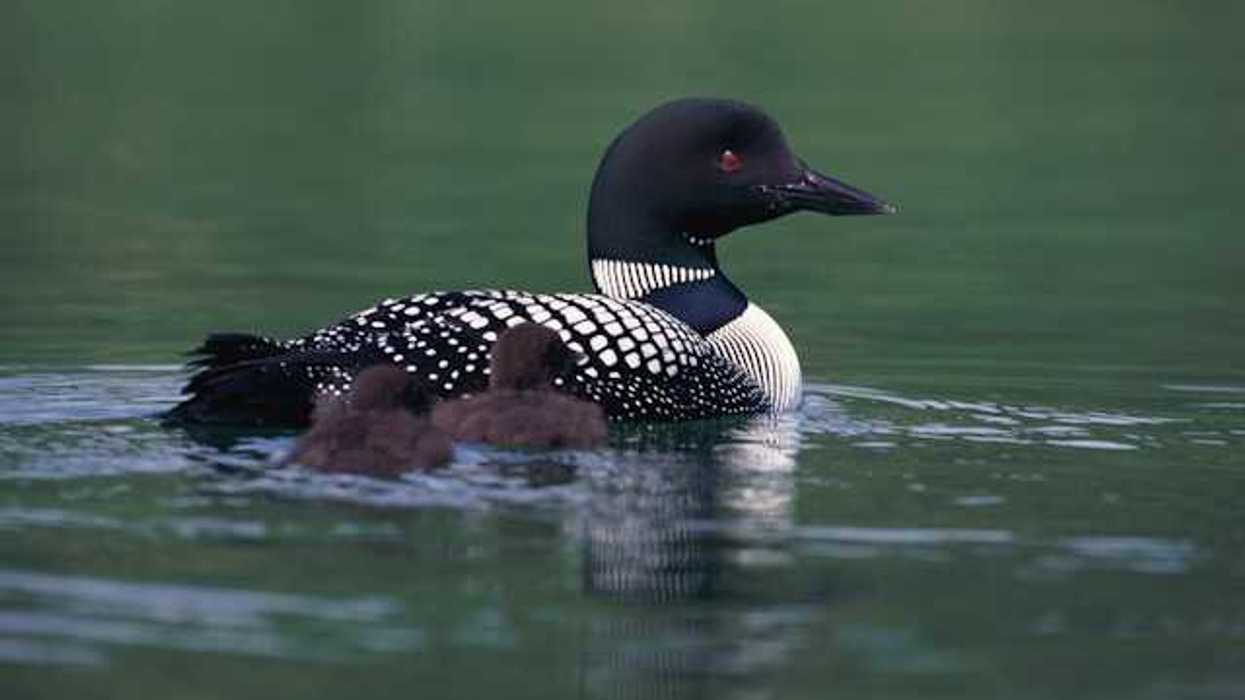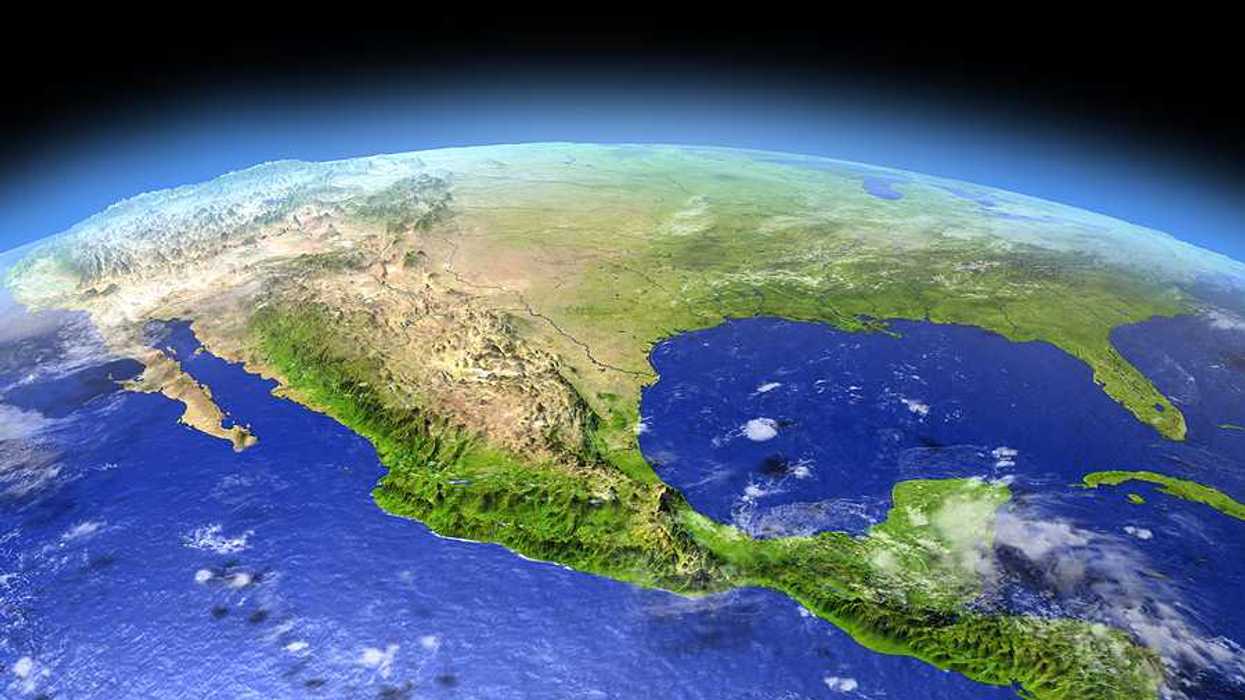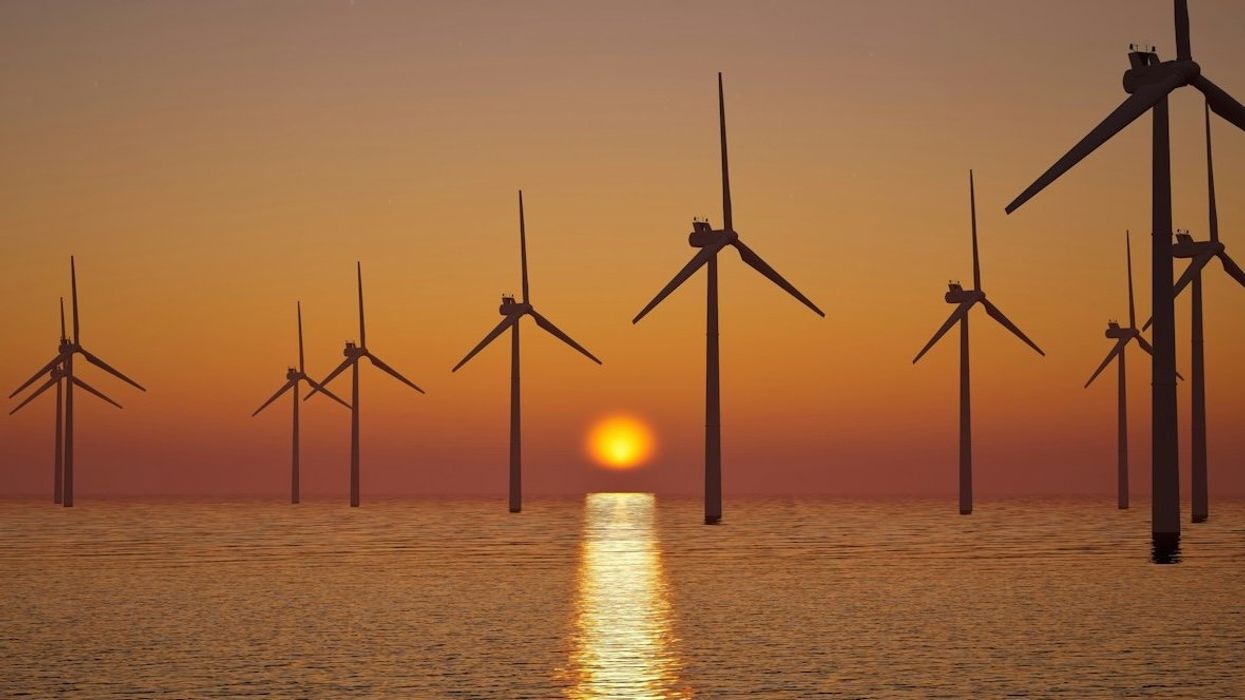Thawing permafrost in Alaska's Yukon River is releasing alarming amounts of mercury, posing a significant threat to local Indigenous communities.
Anita Hofschneider reports for Grist.
In short:
- A new study reveals that melted permafrost is releasing more mercury than previously estimated, with serious implications for human health.
- The mercury release could potentially contaminate fish, a critical food source for Alaska Native peoples, though further research is needed.
- The study highlights the broader risks of climate change to both the environment and Indigenous cultures.
Key quote:
“It has that sense of a bomb that’s going to go off.”
— Josh West, professor of earth sciences and environmental studies at USC
Why this matters:
Mercury poisoning is a severe health risk, especially for vulnerable populations like pregnant women and children. The loss of traditional food sources and cultural practices due to contamination could further harm Indigenous communities.
Related EHN coverage:














